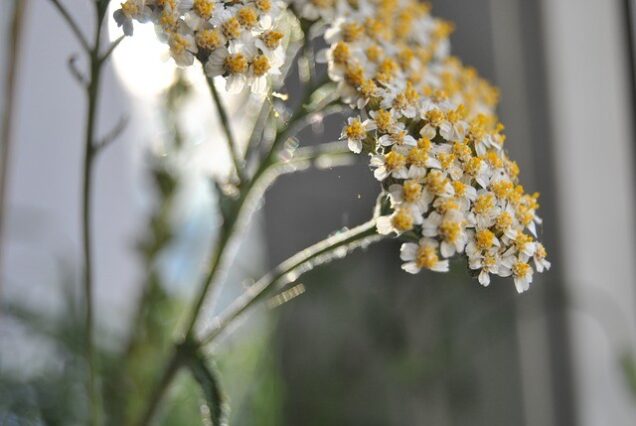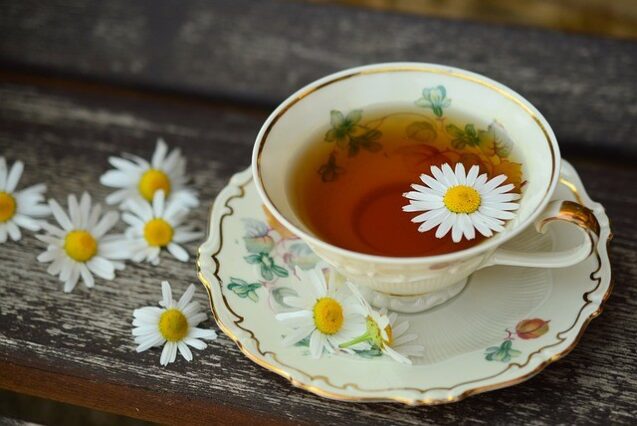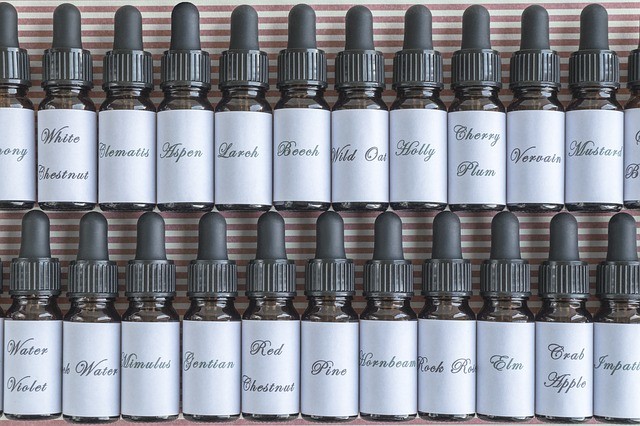Plants are wonder-herbs that form roots of modern medicine. For millennia, humankind has turned to the plant world for relief of every kind of symptom.

Herbalists are people who prepare plants is such a way as to treat ailments or to maintain good health, but how exactly do we derived these benefits from the plants?
Well, one way to extract the healing properties of plants is to eat them, and while this brings an overall boost to wellness, sometimes it is not enough to benefit a specific problem. For that, we need to look at getting the medicinal properties in a more concentrated form to bring the most benefits, and for that we can make infusions, decoctions and tinctures.
There are healing benefits to be gained from many common garden plants, such as lavender and regular herbs like mint, but for the purposes of this post, we’ll be focusing on wild plants.
What is an Infusion?
An infusion is one of the easiest preparations. Just like making a cup of tea, an infusion is simply the resulting liquid after a plant has been steeped in water. You can use either fresh or dried plants.

To make an infusion, take three or four teaspoons of fresh herbal plant, or two teaspoons if dried. Bring filtered water to the boil and tip over your herbs. Allow to brew for 10 to 20 minutes, depending on how you like the strength of the infusion. Strain the liquids through a cloth or tea strainer, and use straight away.
For a more powerful brew, used up to an ounce of herb and leave to steep for a few hours. The result is a stronger liquid that has more potent effects.
What is a Decoction?
You know when you’re cooking a sauce and you leave it to simmer? The water is reduced and released as vapour, leaving a more flavoursome and concentrated liquid behind.
Making a decoction works on the same principle. You take a quantity of fresh herb and add to boiling water. You simmer and reduce before straining. The length of time to simmer will vary depending on how strong you want the decoction to be, but aim for at least twenty minutes and extend up to an hour or more if you wish.
A good rule of thumb is to reduce the liquid you started with by at least half.
Why use decoctions?
Making a decoction is a useful way to extract goodness from plants that need a little more processing than a simple infusion. For example, getting beneficial properties out of tough roots require more vigorous treatment than just being steeped in hot water.
You don’t need to ingest a lot of a decoction to get the medicinal benefits from the herb. Unlike infusions that you drink by the cup, just a tablespoon of a decoction is usually enough to give you maximum benefits.
TIP – When making infusions and decoctions, always use a glass or ceramic pot or pan. Using metal pans can react with the ingredients and make a yukky taste develop.
Also, use spring water to make an infusion or decoction. You are making a medicinal liquid, so you don’t want to contaminate it with the chemicals and compounds that are present in tap water.
Decoctions are best used fresh, as their potency will start to diminish pretty quickly. You can keep them in a sealed container for a couple of days if you store them in a refrigerator. Extend the shelf life by freezing. Using an ice cube tray is a good idea, as it allows it to be portioned into nice sized amounts that can be added to hot water.
What is a Tincture?
A tincture uses a solvent, such as alcohol, to extract a herb’s medicinal properties, unlike using water. This results in a liquid that has a much longer shelf life, as the alcohol preserves it.

To make a tincture, you need to buy a good quality bottle of vodka or brandy that is around 80% proof, which means 40% alcohol.
Simply add your fresh or dried herb to a clean glass jar, fill with the alcohol and let it soak for a few weeks. Pack the jar well, but allow enough room for the herb material to move. Every few days, swish the material around in the container to help extract the medicinal properties.
TIP – Don’t overfill your jar with herbs, and make sure that all the plant matter is completely covered by the alcohol. If exposed to air, it could begin to rot and spoil the tincture.
You can leave your brewing tincture in a dark cupboard to work its magic for five or six weeks. Then, using a muslin cloth, strain the liquid from the herb.
Decant into smaller bottles, old Bach’s Flower Remedy bottle work well, and keep stored in a dark place out of sunlight.
The benefits of using tincture is that it gives you a concentrated amount of medicinal effects in just a few drops of liquid.
The recommended dosage is 5-10 drops of tincture to get the medicinal effects of the plant.
Warning – Some plants are poisonous! If you do make infusions, decoctions or tinctures, make sure you have correctly identified the herb you are using! If in doubt, leave it out! Also, some herbs may interact with prescribed medications, so check before using.
Infusions, decoctions and tinctures can be consumed, or can also be applied topically to treat bites, stings and wounds.
Getting excited about making herbal brews? Great! Here’s some herbs to get you started:
Blackberry – the leaves and bark can be used to make infusions, decoctions and tinctures. The leaves are good for helping soothe mouth irritations and sore throats. Drinking infusions brings relief from inflammation and diarrhoea.
Nettle – stinging nettle is one of the most nutritional and medicinal plants around. A tea infusion is great all round healthy drink, and may also relieve allergy symptoms. Stinging nettle is also shown to improve pain associated with arthritis.
Plantain – Plantain infusions are great to soothe irritation caused by coughing.
Yarrow – another name for this wonderful plant is ‘woundwort’ as it was once favoured by soldiers who used it to stem bleeding. An infusion of Yarrow can be used to relieve symptoms of fever and diarrhoea, and its anti-inflammatory properties make it a good overall tonic.
So if you have been wondering what to do with those edible herbs in your garden, try making some home remedies to keep you in good health, or to use instead of reaching for the medicine cupboard.

Wonderful post about the detailed methods on how to make infusions, decoctions and tinctures. Plants really are so amazing is so many different ways. Thank you so much for sharing this!
Thank you Donna, I agree that plants are wonderful. I hope to make people aware that there are alternative and effective treatments out there, all from the plants that we see around us. It seems to be a knowledge that is getting lost. I see that you enjoy gardening, feel free to share your website!